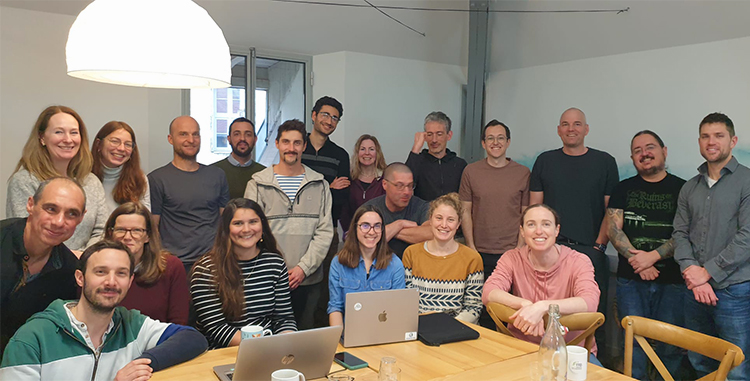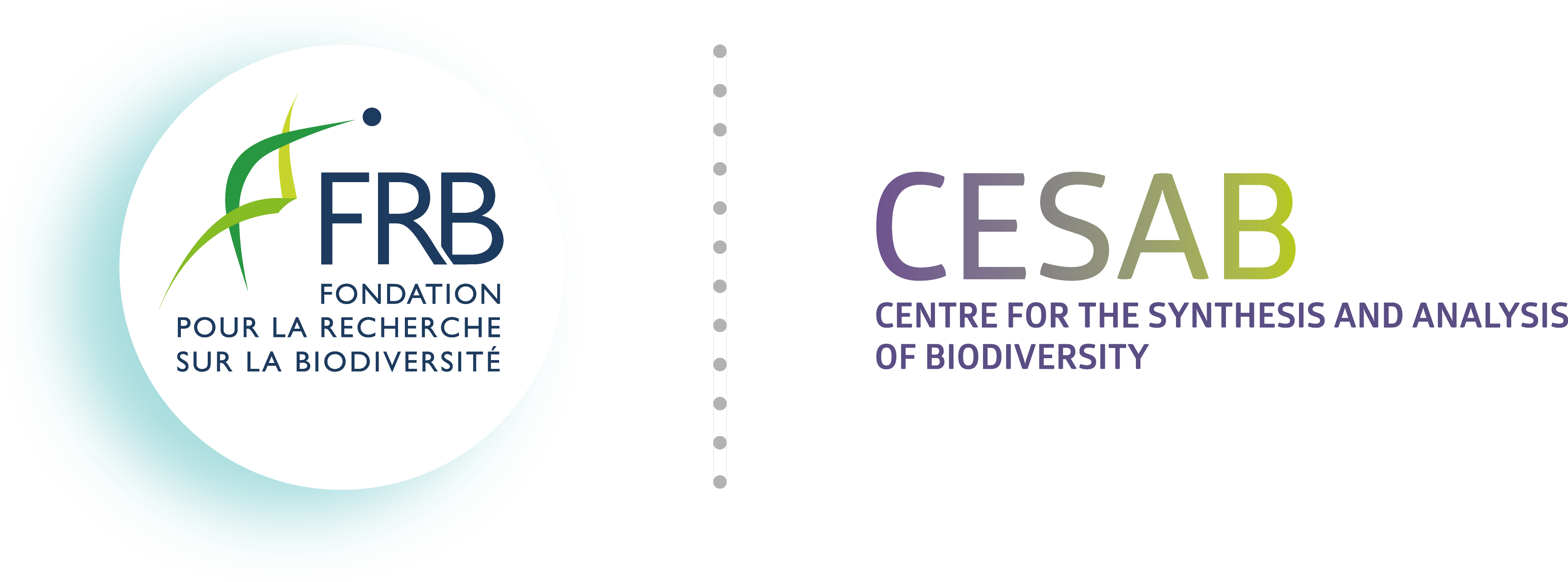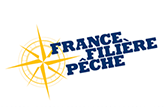MAESTRO
Climate change effects on exploited marine communities

The oceans account for more than 60% of monetized ecosystem services. Among these services, humankind critically depends on marine resources such as fish and benthic invertebrates for food and economic security. With ongoing fishing pressure and climate change strongly affecting the distribution and abundance of species at the global scale, our dependence on ocean ecosystem services urges us to better anticipate the future of marine resources and propose adaptive mitigation strategies.
While numerous projections of future species distributions have been produced, the expected alterations of trait structure within communities (i.e. the functional characteristics of species) have received far less attention. More precisely, we lack integrated models and scenarios to better predict and anticipate the mixed impacts of climate change and fishing pressure on the types of diversity in marine communities that ultimately determine their functioning.
By taking advantage of available data on long-term fish and invertebrate surveys, species traits, fisheries and the environment, the main goals of the MAESTRO project are thus:
- to characterize and assess the effects of climate and fishing on the functional diversity of exploited communities during the last three decades in the Northeast Atlantic and Mediterranean Sea,
- to forecast how exploited communities will respond to the upcoming warming until the end of this century, and
- to investigate, for several climate change scenarios, alternative harvesting strategies targeting different species and trait groups in order to minimize the impacts of fishing on functional diversity.

MAESTRO project members at CESAB during their 5th workshop on September 2024.

PIs:
Camille ALBOUY – IFREMER (France);
Arnaud AUBER – IFREMER (France)
Postdoc:
Aurore RECEVEUR – FRB-CESAB (France)
MAESTRO brings together experts in conservation, climate-constrained modeling, benthology and fishery.
MAESTRO was selected from the 2020 joint call for proposals with France Filière Pêche. The project selection process was carried out by a committee of independent experts.
[03] Receveur A, Leprieur F, Ellingsen KE, Keith D, Kleisner KM, McLean M, Mérigot B, Mills KE, Mouillot D, Rufino M, Trindade‐Santos I, Van Hoey G, Albouy C & Auber A (2024) Long‐term changes in taxonomic and functional composition of European marine fish communities. Ecography, accepted. DOI: 10.1111/ecog.07234.
[02] Coulon N, Lindegren M, Goberville E, Toussaint A, Receveur A & Auber A (2023) Threatened fish species in the Northeast Atlantic are functionally rare. Global Ecology and Biogeography, 32, 1827-1845. DOI: 10.1111/geb.13731.
[01] Auber A, Waldock C, Maire A, Goberville E, Albouy C, Algar AC, McLean M, Brind'Amour A, Green AL, Tupper M, Vigliola L, Kaschner K, Kesner-Reyes K, Beger M, Tjiputra J, Toussaint A, Violle C, Mouquet N, Thuiller W & Mouillot D (2022) A functional vulnerability framework for biodiversity conservation. Nature Communications, 13, 4774. DOI: 10.1038/s41467-022-32331-y.
Auber A, Waldock C, Maire A, Goberville E, Albouy C, Algar AC, McLean M, Brind’Amour A, Green AL, Tupper M, Vigliola L, Kaschner K, Kesner-Reyes K, Beger M, Tjiputra J, Toussaint A, Violle C, Mouquet N, Thuiller W & Mouillot D (2022) A functional vulnerability framework for biodiversity conservation. Nature Communications, 13, 4774. doi: 10.1038/s41467-022-32331-y.
- Press release: A new method to assess ecosystem vulnerability and protect biodiversity [EN], Une nouvelle méthode pour évaluer la vulnérabilité des écosystèmes et protéger la biodiversité [FR]
- French media: CNRS, Ifremer, IRD, Sorbonne Université, France Biodiversity, Actu Environnement, Presse Agence
- International media: Lakehead University
